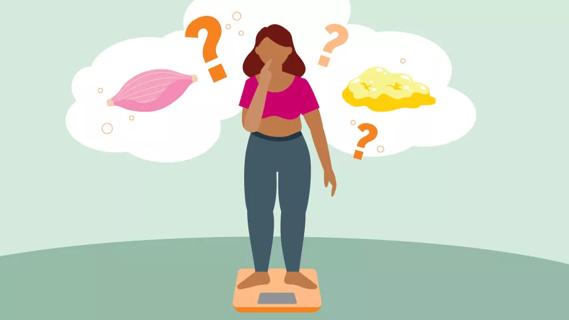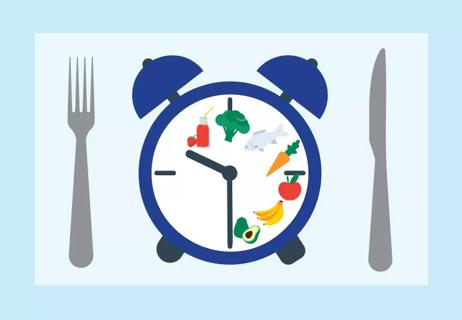A GP should check your health, evaluate your cardiovascular risk

After a girl ages out of a pediatrician’s care, her next doctor is likely to be a gynecologist.
Cleveland Clinic is a non-profit academic medical center. Advertising on our site helps support our mission. We do not endorse non-Cleveland Clinic products or services. Policy
Unless she has a chronic health condition or suffers a health scare, this may be the only doctor she sees for many years. But young women would be wise to establish a relationship with a general practitioner, who will examine them for cardiovascular risk factors and address these issues early.
“Ob/Gyns are great in their field, and many women rely on their Ob/Gyn for medical care throughout their reproductive years. But the effects of untreated cardiovascular risk factors can appear at any time. That’s why any woman with a family history of heart disease, or risk factors for it, should have a baseline exam and followup by a general practitioner when she is a young adult,” says preventive cardiologist Leslie Cho, MD.
Heart disease may not be on the minds of most teenagers and young adults, but fatty streaks — the precursors to atherosclerosis — have been found in the arteries of children. This means the disease process starts at a very young age.
Although estrogen helps protect women against coronary artery disease until menopause, teens and young adults with polycystic ovarian syndrome (PCOS), gestational diabetes or pre-eclampsia are at greatly increased risk:
PCOS – This hormone imbalance that causes blood pressure and blood sugar levels to rise along with triglycerides, a dangerous fat in the blood. All of these increase the risk of heart attack and stroke.
Gestational diabetes – High blood sugar levels during pregnancy (known as gestational diabetes) increase the risk of heart attack and stroke over time.
Pre-eclampsia – This dangerously high blood pressure during pregnancy can cause a woman to suffer a stroke during delivery, and can be fatal to the baby at birth.
Fortunately, these conditions are usually caught and treated by Ob/Gyns. But unless a woman develops one of these conditions in her younger years, or has been tested for traditional cardiac risk factors, she may be unaware she has traditional cardiac risk factors until she suffers a heart attack or stroke.
The sooner you start tackling cardiac risk factors, the more successfully you will hold off cardiovascular disease.
As a general rule, cholesterol testing should begin at age 20 to 25.
“If you have risk factors for heart disease, you should have a yearly cholesterol test. Otherwise, you should be tested every five years until age 40, then yearly thereafter,” says Dr. Cho.
Blood pressure, heart rate and blood glucose levels should be tested every couple of years starting in your 20s, or annually, if you have a family history of heart disease.
Early menopause is a newly identified risk factor for heart disease. “If you started menopause in your early
30s, you need to be hypervigilant. Even if you started in your 40s, you may be at increased risk,” she says.
Regardless of when menopause occurs, perimenopausal women should have their blood pressure, cholesterol and blood glucose levels checked regularly. “If levels are rising, you will need treatment to lower your risk,” she says.
This article originally appeared in Cleveland Clinic Women’s Heart Advisor.
Learn more about our editorial process.

Both are needed for a healthy body

Genetics, metabolism and hormonal fluctuations can all make weight loss more difficult

Your natural estrogen levels support a healthy heart by improving your cholesterol, increasing blood flow and reducing free radicals

Endometriosis, pelvic floor dysfunction and bladder issues can all contribute, but relief is within reach

Being intentional has far-reaching benefits

If you’ve been diagnosed with breast cancer, having a normal range of vitamin D can help

Safe to wear for most people, compression socks promote better blood circulation in your legs

Fasting can significantly impact your hormones — proceed with caution

Your metabolism may torch 1,300 to 2,000 calories daily with no activity

A gentle touch in all the right places may help drain your sinuses